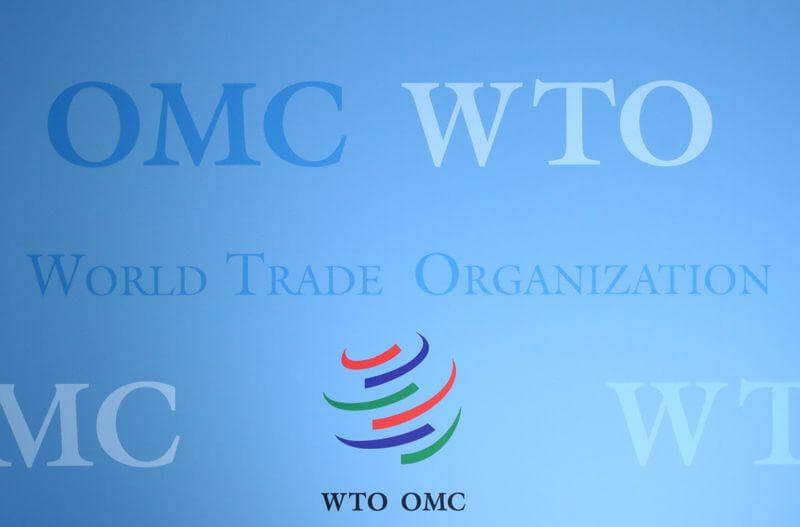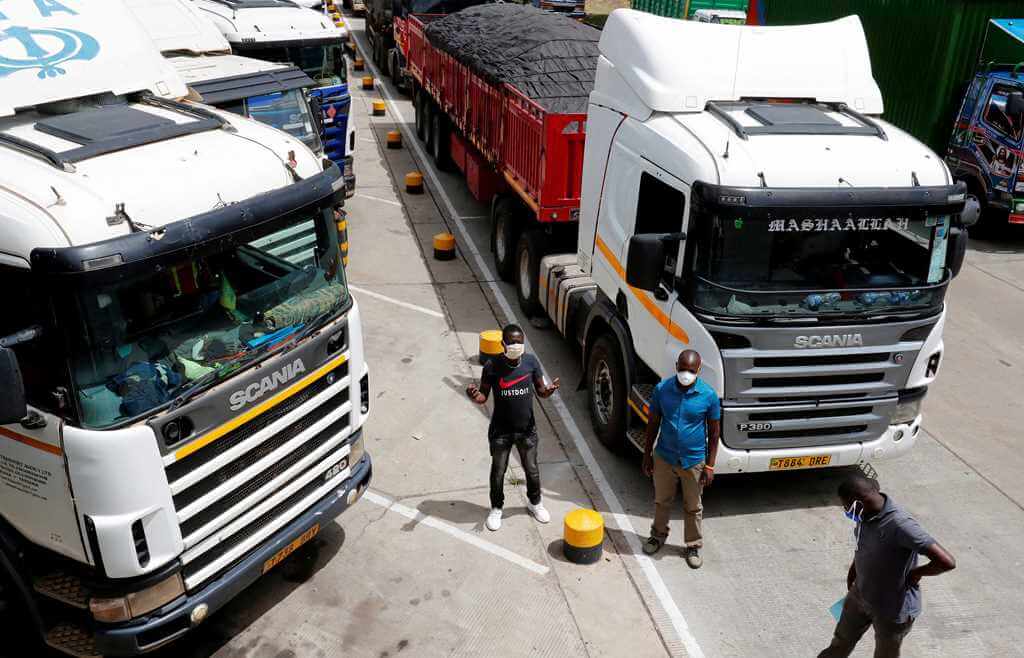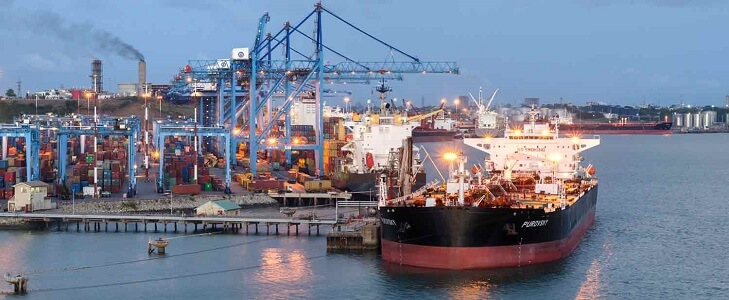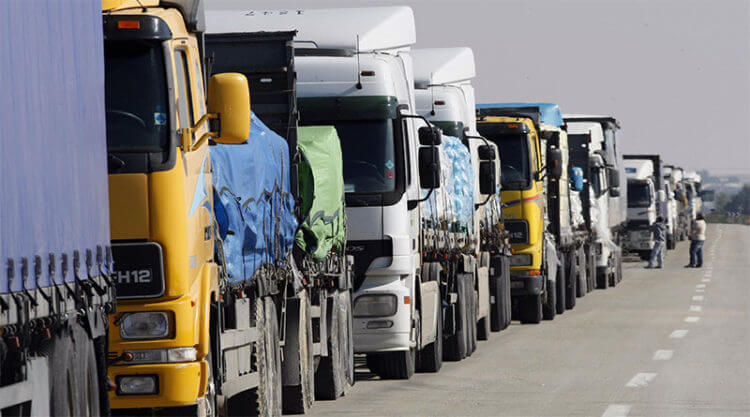Chairperson of the African Union (AU) Commission Moussa Faki Mahamat (C) announces the operational phase of the African Continental Free Trade Area (AfCFTA) Agreement during the launching ceremony in Niamey, capital of Niger, on July 7, 2019. (Xinhua) The implementation of the African Continental Free Trade Area (AfCFTA) could catalyze development and growth of Africa, and help the continent recover from the economic impact of the ongoing COVID-19 pandemic. by Xinhua Writers Ding Lei, Bedah Mengo NAIROBI, July 25 (Xinhua) -- The implementation of the African Continental Free Trade Area (AfCFTA) could catalyze development and growth of Africa, and help the continent recover from the economic impact of the ongoing COVID-19 pandemic. Economists believe AfCFTA is an opportunity to plot, organize, strategize and mobilize African economies for growth that has suffered a major blow due to the pandemic. According to the United Nations Economic Commission for Africa (UNECA), Africa's growth this year will drop from an initial estimate of 3.2 percent to between -2.8 percent and about zero percent due to COVID-19, a dire situation that could throw an extra 20 million people into poverty in a continent where almost 300 million cannot afford one meal a day. AfCFTA OFFERS SILVER LINING IN CRISIS The start of trading under AfCFTA, slated to begin on July 1, was postponed due to the pandemic. While some believe the scheme has suffered a setback, there is a silver lining in the crisis for Africa. In a virtual panel held earlier this month to mark...
Spotlight: Urgency mounts on Africa to fast-track AfCFTA to counter tough times
Posted on: July 28, 2020
Posted on: July 28, 2020
























